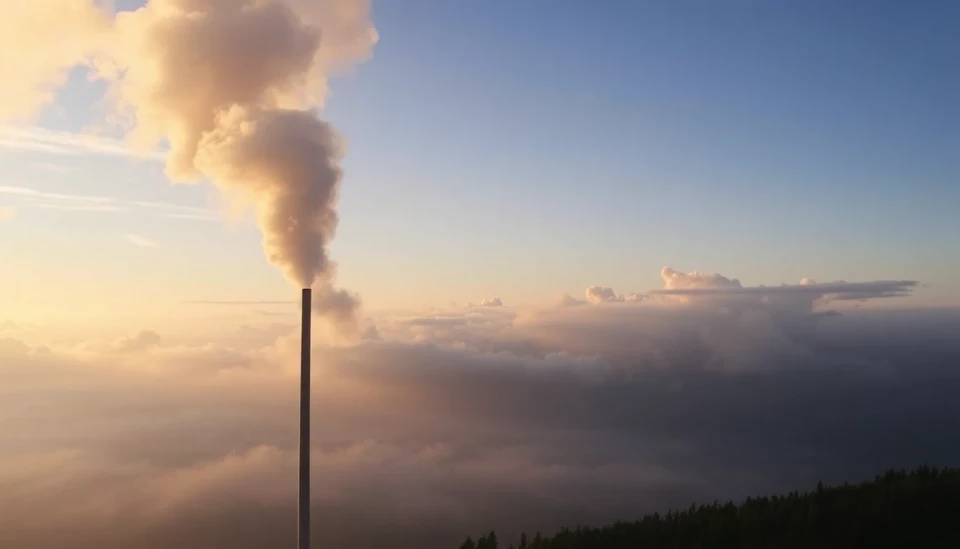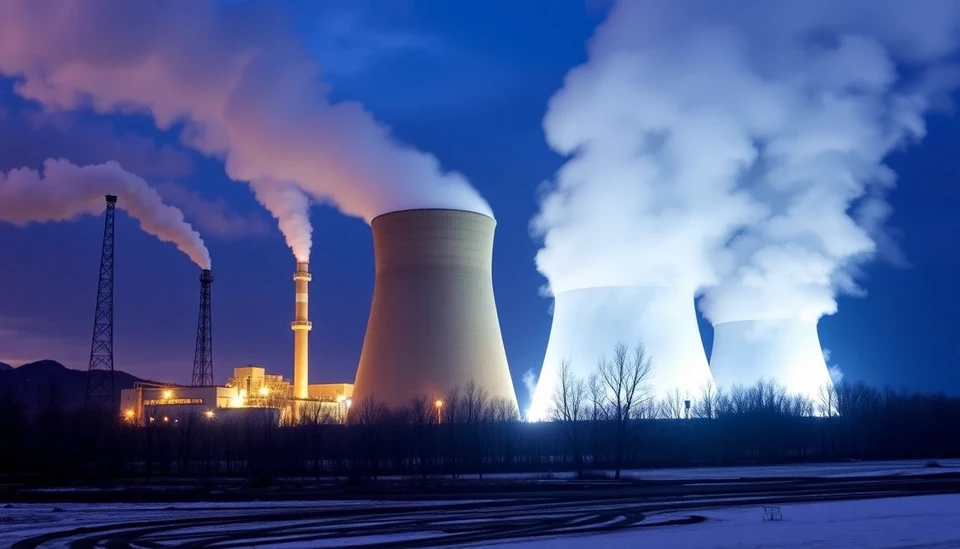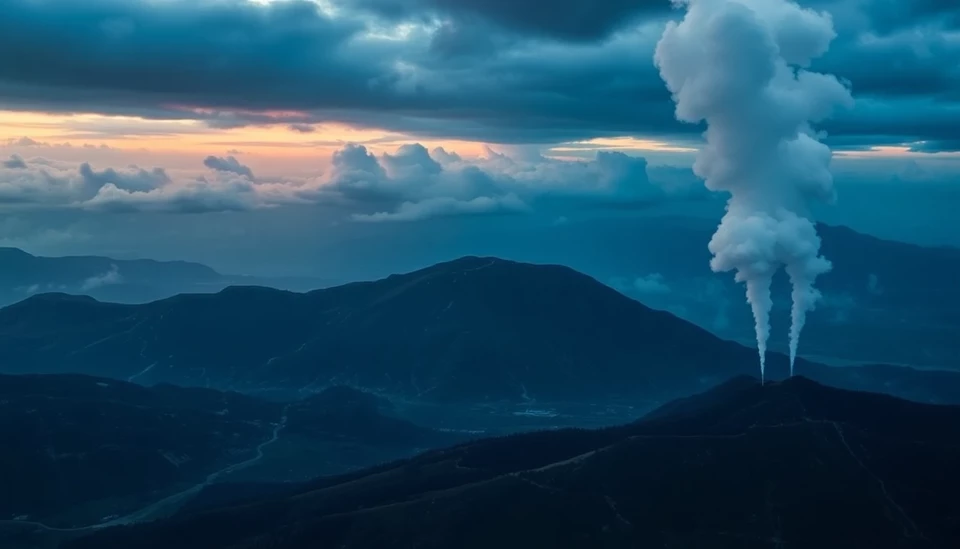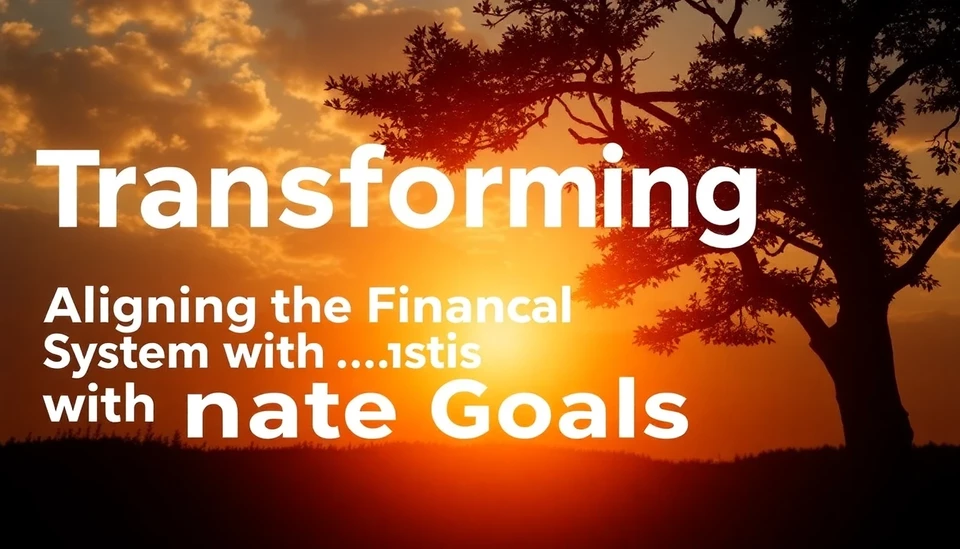
In a concerning development for the global climate, recent analysis suggests that the world has now virtually crossed the critical threshold of 1.5 degrees Celsius in temperature rise since the pre-industrial era. This figure, which has long been viewed as a pivotal limit in international climate agreements, indicates a significant shift towards increasingly severe climate impacts that could outpace efforts to mitigate catastrophic consequences.
This shocking revelation aligns with trends observed in climate data over recent months, as a variety of factors contribute to this alarming acceleration in warming. Among these factors are heightened greenhouse gas emissions, specifically carbon dioxide levels that continue to rise despite global initiatives aimed at reducing reliance on fossil fuels.
The implications of breaching the 1.5°C threshold are dire. Scientists have warned for years that surpassing this limit would result in irreversible impacts on natural ecosystems, weather patterns, and sea levels. A thorough examination of recent temperature records and climate models reinforces the notion that the window for preventing more drastic climate changes is narrowing rapidly, with profound implications for biodiversity and human livelihoods worldwide.
Global leaders, scientists, and activists are now being urged to take action with a renewed sense of urgency. The international community, particularly those responsible for implementing the Paris Agreement, faces intense pressure to accelerate their commitments and devise more robust strategies to reduce emissions. Failure to do so could spell disaster for future generations as the planet approaches even more elevated temperature thresholds that promise catastrophic outcomes.
The data underscoring this warning is being further validated by various climate monitoring organizations, which show geophysical changes such as glacial melts, ocean warming, and extreme weather events becoming ever more common. These changes are not only affecting the environment but are also creating socio-economic challenges that are felt disproportionately among vulnerable populations worldwide.
In light of this situation, a global push is needed to galvanize resources towards sustainable energy solutions, climate adaptation strategies, and policies that will lead to a more resilient planet. High-emission industries are under scrutiny, and there are calls for vast investments in renewable energy technologies to transition away from fossil fuels completely.
In summary, this pivotal moment marks a critical juncture in our ongoing battle against climate change. With the likelihood of breaching the 1.5°C temperature rise now a grim reality, the global community must respond with immediate, collective action to stem further environmental degradation. The time for complacency has passed; only decisive, unified efforts can lead us towards a sustainable future.
#ClimateCrisis #1point5C #GlobalWarming #ParisAgreement #SustainableFuture #ClimateAction
Author: Sophie Bennett




